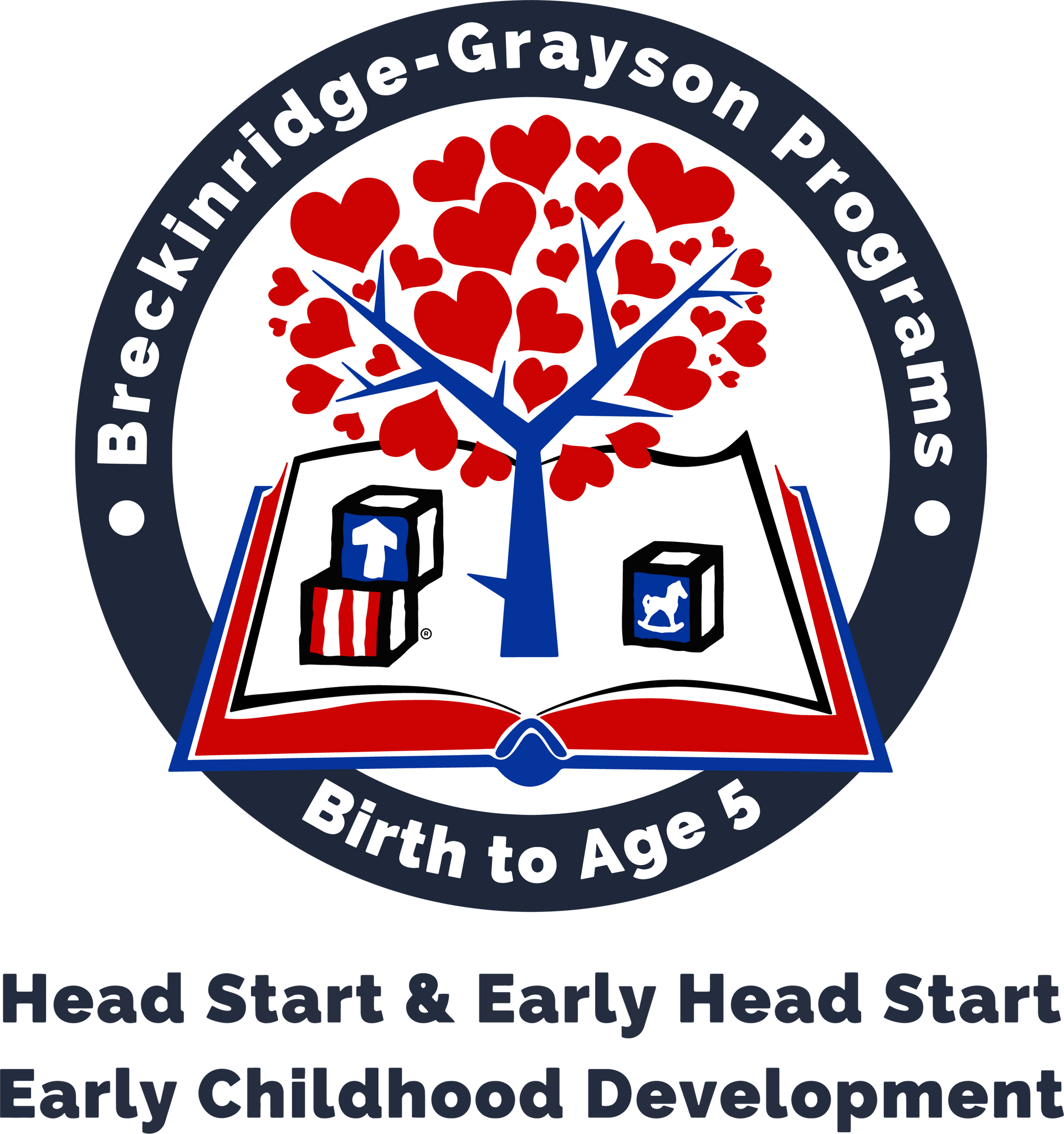EHS is an intensive, comprehensive, flexible program that is designed to reinforce and respond to the unique strengths and needs of each individual child and family. The program services include:
- Quality early education, both in and out of the home
- Parenting education
- Comprehensive health and mental health services (including services to women before, during, and after pregnancy)
- Nutritional education
- Family support services
By providing comprehensive Early Head Start services beginning in the prenatal period, EHS programs have the opportunity to impact low-income children at risk for health and developmental problems. The Head Start Program Performance Standards specify the supports and services that must be offered to expectant families enrolled in Head Start programs serving pregnant women. These services include comprehensive prenatal and postpartum health care, prenatal education, and breastfeeding education. Prenatal education efforts include information about:
- Typical fetal development (including the risks of smoking and drinking alcohol)
- What to expect during labor and delivery
- Nutrition education
- Postpartum recovery (including maternal depression)
Every pregnant woman enrolled in EHS develops a Family Partnership Agreement, which outlines and individualizes the program her family will receive during the prenatal period. The Head start Program Performance Standards describe a collaborative process of developing a plan that is driven by the parents' identification of family strengths, needs, resources, and goals. Each Family Partnership Agreement is unique. EHS staff members play an important role in helping expectant parents determine how their goals will be defined in measurable terms, timelines for achieving those goals, the process for how the goal will be achieved, and how it will be determined that a goal has been met. The Family Partnership Agreement helps to determine what services families need and how they are delivered during the prenatal period.
Collaboration with community partners is essential to EHS programs when serving pregnant women. Some examples of potential community partners include: health clinics, transportation services, counseling and other mental health programs, or translation services for non-English-speaking families.
As with Head start, Early Head Start offers children and families comprehensive child development services through center-based, home-based, and combination program options. Children and families enrolled in center-based programs receive comprehensive child development services in a center-based setting. In home based settings children and their families are supported through weekly home visits and bi-monthly group socialization experiences. Program and staffing requirements for each of these options are outlined in the Head start Performance Standards.
The community and family assessments undertaken by EHS programs help them to determine which program option(s) best meet the needs of families in their local community. Often one program option does not meet the developmental needs of a child over a 3-year period, or support the family's changing needs and circumstances. As a result, EHS programs often offer more than one program option so that children can receive the services they need as their family needs change.
The overall goals of Early Head Start focus on the healthy cognitive, physical, social, and emotional development of infants and toddlers. Research on early brain development has demonstrated that, to thrive, children from birth to age 3 need a variety of positive learning experiences provided in a secure and loving environment. In recognition that parents are the primary educators of their children, EHS programs are designed to work with families to ensure that the developmental needs of each child are met.
Ongoing assessment of each child's skills and behaviors plays a key role in developing a curriculum that is age¬-appropriate, culturally sensitive, and tailored to meet his or her specific needs. Parents play an active role in the assessment process. Their observations, ideas, and concerns about their children contribute substantively to the assessment, and their involvement helps to ensure that the curriculum and goals planned for the child are appropriate within the context of family and culture.
In providing services to infants and toddlers, EHS programs must support the physical, social, cognitive, and language development of each child. Services that must be provided directly or through referral include:
- Early education services in a range of develop¬mentally appropriate settings
- Home visits (especially for families with newborns; parent education and parent-child activities)
- Comprehensive health and mental health services
- High-quality child care services (provided directly or in collaboration with community child care providers)
Other key considerations in child development, such as continuity of caregivers and physical environment, are also important.




